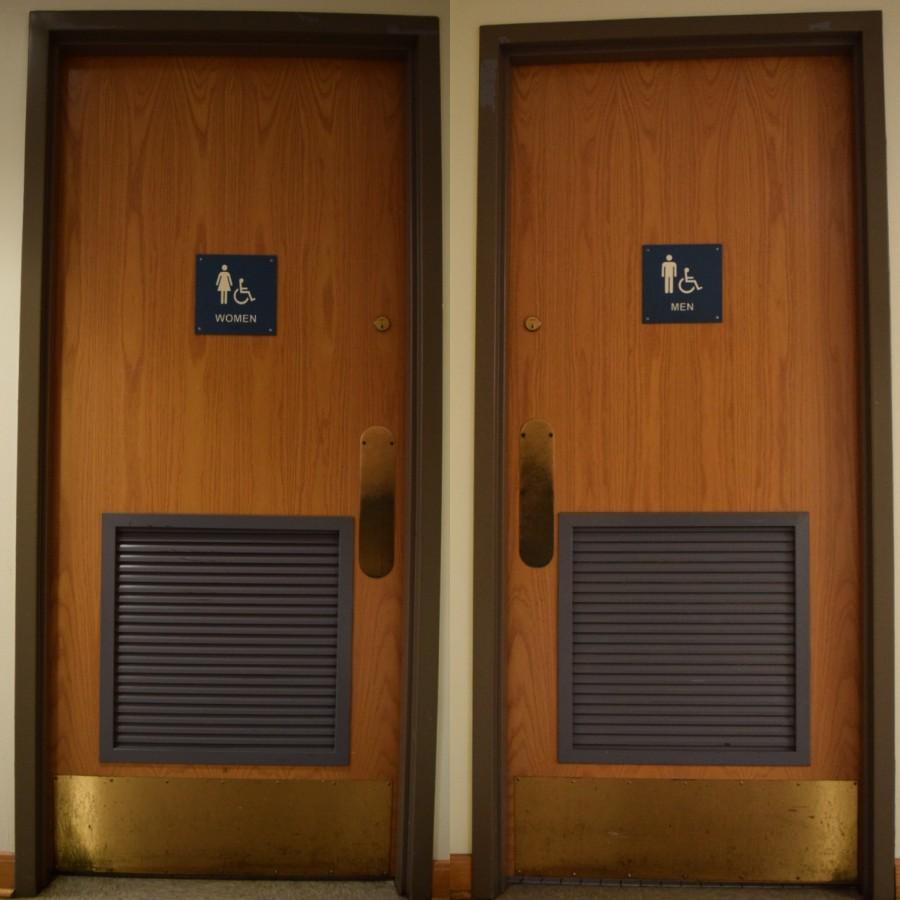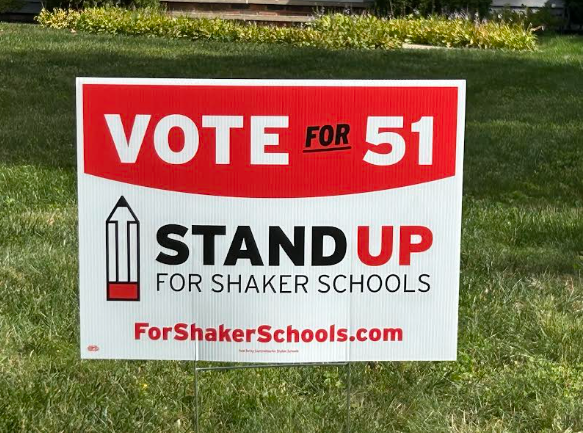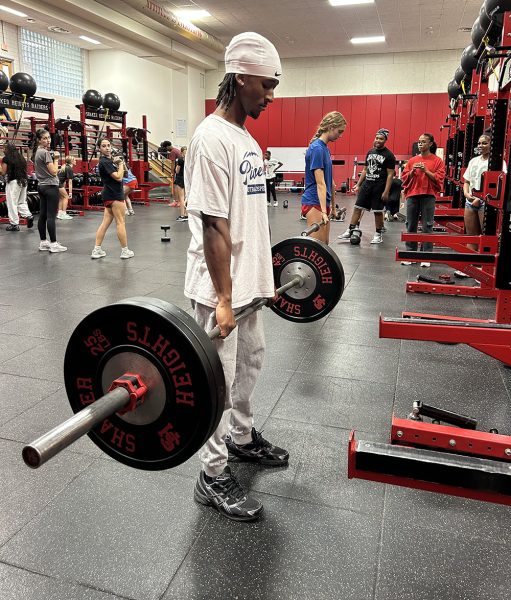Hearts Over Parts
Adele’s comback album, “25,” kicked off with the release of her single “Hello.” The song instantly skyrocketed to the top of the charts, and its music video, directed by Xavier Dolan, has more than 6 million views on YouTube. As for “25,” it sold 3.38 million copies in its first week in the U.S., the first album to sell more than 3 million copies in a single week.
I was born a biological girl, but that’s not what matters. What matters is that I feel, wholeheartedly, like I am a girl. I am completely at home in my skin, and I have never hesitated barging into the girls’ bathroom, nor have I had to consider which locker room to use. I have never wondered if my presence in either facility has made other occupants uncomfortable, because I’m a girl, and they’re girls, and we’re all girls — what could possibly be the problem?
I have also never had to consider the gender of the girl changing with me in the locker room, or the one in the stall next to me. I assume we’re all thinking the same thing if we all chose to use the girls’ facilities: We’re all girls. That doesn’t have to mean we’re anatomically identical, but how much does that matter? She’s comfortable and I’m comfortable, because she is a girl and I am a girl — again, I can’t see a problem.
Texas saw a problem before it even arose. On Nov. 3 of this year, Houston voters defeated the proposed Houston Equal Rights Ordinance. The bill would have banned discrimination based on gender identity and sexual orientation, which was not previously provided for under federal laws. Specifically, it promised to ban discrimination from “city employment, city services, city contracting practices, housing, public accommodations, and private employment.” In layman’s terms, anyone who felt like a girl could use female facilities, and the same for males. To me, it sounds like common sense. Sixty percent of Houston voters cannot say the same.
Campaigns against the ordinance dubbed it the “Sexual Predator Protection Act.” The fear is that loosening the strict gender facilities, will give men an excuse to enter the women’s facilities. There are several flaws in this theory.
Firstly, not much is stopping a man from tossing on a temporary disguise and waltzing into the ladies’ room without any transgender-welcoming laws in place — except for, of course, the fact that it’s a criminal offense. Not to mention sexual assault of any kind is also a criminal offense, no matter the circumstances.
Secondly, this theory makes the transgender population appear to be a criminal community, which is just wrong. Transgender people are people. They have the same choice to be a criminal as any human being has, but — fortunately — most of the world’s population decides to peacefully enter a restroom, go about their business and exit. There isn’t much more to it.
In school especially, there is no time for any monkey business to occur in bathrooms. Students are forbidden from leaving their classrooms in the first and last five minutes of class. They can’t miss their education during that crucial half hour in between, but the four minutes allotted for going to and from classes is hardly enough time to hustle through the hallways, let alone take a potty break.
The ugly truth is that most of the time, students who want to learn have to burst into the bathroom, quickly get their job done and hurry out. There is not enough time for anything inappropriate to occur.
The locker rooms might be a slightly different story. Just two years ago, a male Shaker Heights High School student sexually assaulted a female student in the locker room.
In fact, from 2008 to 2013 there were fou;r reported sexual assault cases within the high school. One offered no information on the victim or assailant, but the remaining three had nothing to do with accommodating transgender students.
Allowing people to use restrooms that align with their gender identity rather than their biological sex doesn’t mean incidents of rape will increase. Transgender people aren’t the problem when it comes to sexual assault. The ideology behind the assaults is.
According Ohio law, Shaker Heights City Schools are legally obligated to allow transgender students to use whichever facilities they choose. This makes sense, because it’s the school’s responsibility to make their students feel comfortable and safe in their learning environments.
Houston voters had the opportunity to make their transgender population feel welcomed and safe, but ultimately turned it down.
There is another argument against the “open door policy,” so to speak. Some people feel there is a risk of their innocent daughter seeing male genitalia if a transgender woman used the same restroom as the girl.
The solution to this problem is as simple as two words: bathroom stalls. Unlike boys and men, who must do some of their restroom business in full view of other boys and men, girls and women are spared the display required by urinals.
So if transgender people aren’t rapists — because most people aren’t rapists — and if the public’s tender eyes won’t bleed when exposed to the opposite sex’s genitalia, then problem solved.
Transgender people are people, and all people should be able to change clothes or use the toilet peacefully and safely.
It really is that simple.




